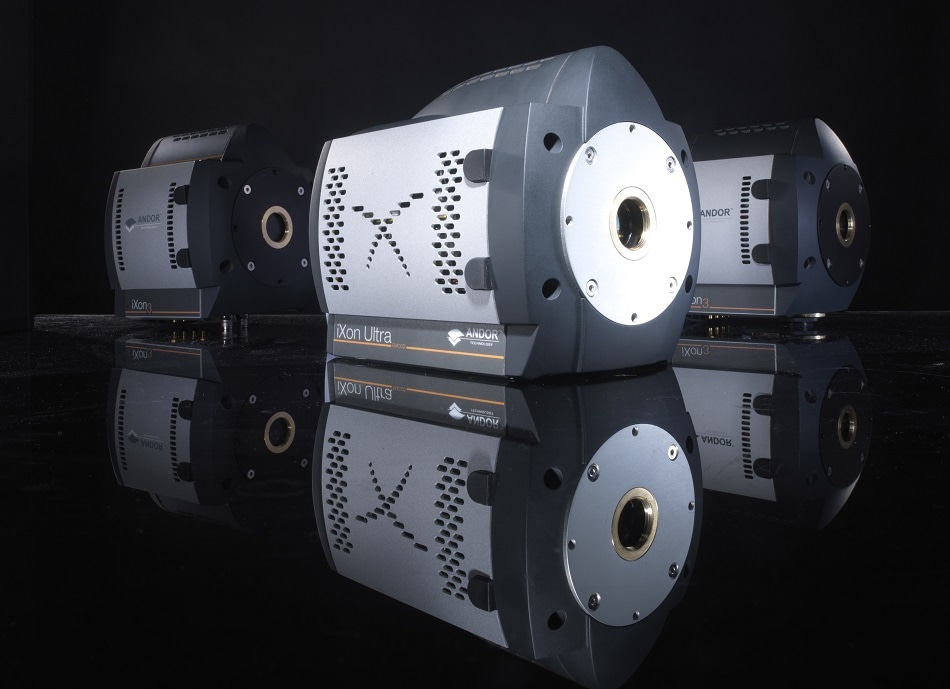
iXon Ultra and iXon3 Family
Laser beam strikes on aircraft have long been a concern for aviation authorities across the world. In 2017, the Federal Aviation Administration in the United States received 6,754 individual reports of lasers being purposely aimed at their pilots, and in past week, five aircraft were targeted as they flew in to land at Glasgow Airport in Scotland. As well as the immense danger posed to human life, where a pilot potentially loses visibility of the approaching runway, the aiming of lasers at aircraft is illegal in many countries, with the threat of prosecution for those found guilty of the offence.
This has presented local and federal authorities with a challenge of identifying the origin of the strikes, with less than 1% of perpetrators in the US ever being tracked down. A team from MIT Lincoln Laboratory have been working on a ground-based solution that may provide an answer to this problem, helping to quickly identify the individuals involved and bring them to justice. The Laser Aircraft Strike Suppression Optical System (LASSOS), which features Andor’s highly sensitive iXon EMCCD cameras, is a ground-based sensor system that can accurately identify the origin of the strike and subsequently enable local law-enforcement to launch a rapid and targeted response.
When a laser is pointed into the sky, a small fraction of the light is scattered by molecules and aerosols in the air which forms a residual streak in the laser's path. The system works by using the EMCCD cameras to image the scattered light from different viewpoints, providing enough data to digitally reconstruct the laser streak in three dimensions. With the calculated coordinates of the laser’s origin, the team can instantly pinpoint the precise location of the strike on Google Earth for the response teams to engage and apprehend.
Although still in prototype, the LASSOS team, a collaboration between the Laser Technology and Applications and Air Traffic Control Systems groups at Lincoln Laboratory, believe the technology will “significantly increase laser strike origin detection and perpetrator apprehension”.
We are excited to be a small part of this critical project to make the skies safer. We look forward to further supporting the excellent Lincoln Laboratory team and wish them success as they aim to bring this system into production.
Dr Andrew Dennis, Director of Product Management, Andor, an Oxford Instruments Company
For more information on the cameras being used to support this crucial endeavour, please visit: https://andor.oxinst.com/products/ixon-emccd-cameras.
References
- MIT News: http://news.mit.edu/2017/mit-lincoln-laboratory-lassos-sensors-defend-aircraft-against-laser-strikes-0928
- https://www.youtube.com/watch?v=AsGCRfmfs0c